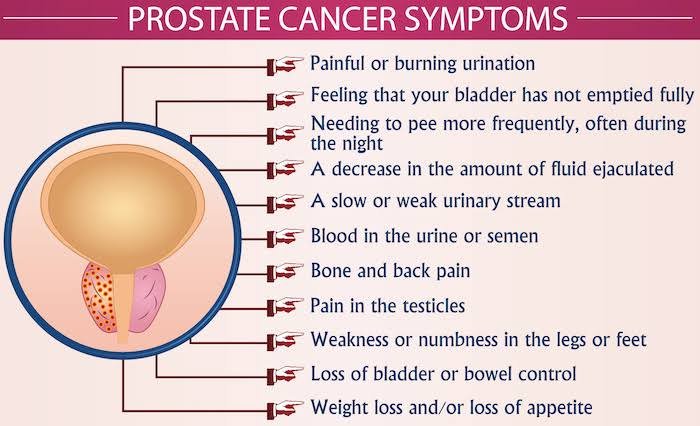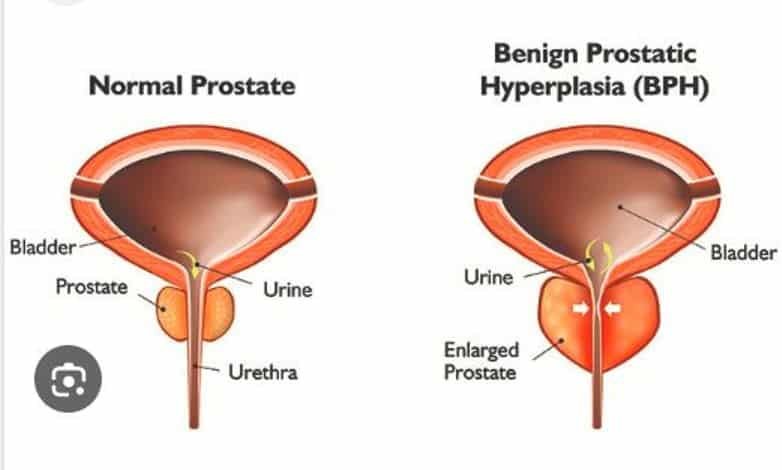Unhealthy Habits That Lead To Prostate Problems In Men
According to Healthline, there are certain unhealthy habits that lead to prostate problems in men. These include some behaviours and lifestyles men engage in regularly that may contribute to prostate problems. Here are a few factors to be aware of.
Sedentary Lifestyle

Leading a sedentary lifestyle with little to no physical activity can increase the risk of prostate problems. Regular exercise, such as brisk walking, jogging, or cycling, helps maintain overall prostate health.
Unhealthy Diet
A diet high in saturated fats and low in fruits, vegetables, and fiber can potentially impact prostate health. It is advisable to consume a balanced diet rich in nutrients, antioxidants, and plant-based foods to support prostate health.
Excessive Alcohol Consumption
Heavy alcohol consumption has been linked to an increased risk of prostate problems. Moderation is key, and it is recommended to limit alcohol intake to promote overall health, including prostate health.
Smoking
Smoking has been associated with an increased risk of prostate cancer and other prostate-related issues. Quitting smoking not only improves prostate health but also has numerous other health benefits.
Lack of Regular Medical Check-ups
Ignoring regular prostate screenings and medical check-ups can prevent the early detection of potential issues. Routine check-ups and discussions with a healthcare provider help monitor prostate health and detect any abnormalities or changes.
Ignoring Urinary Symptoms

Ignoring urinary symptoms such as frequent urination, weak urine flow, or difficulty urinating may lead to undiagnosed prostate problems. Promptly addressing any urinary concerns by consulting a healthcare professional is important for timely diagnosis and treatment.
It’s crucial to note that these factors may contribute to an increased risk of prostate problems, but they do not guarantee the development of prostate issues. Taking proactive steps to lead a healthy lifestyle, maintaining regular medical check-ups, and discussing any concerns with a healthcare provider can help support prostate health and overall well-being.
Credit: healthline.com




